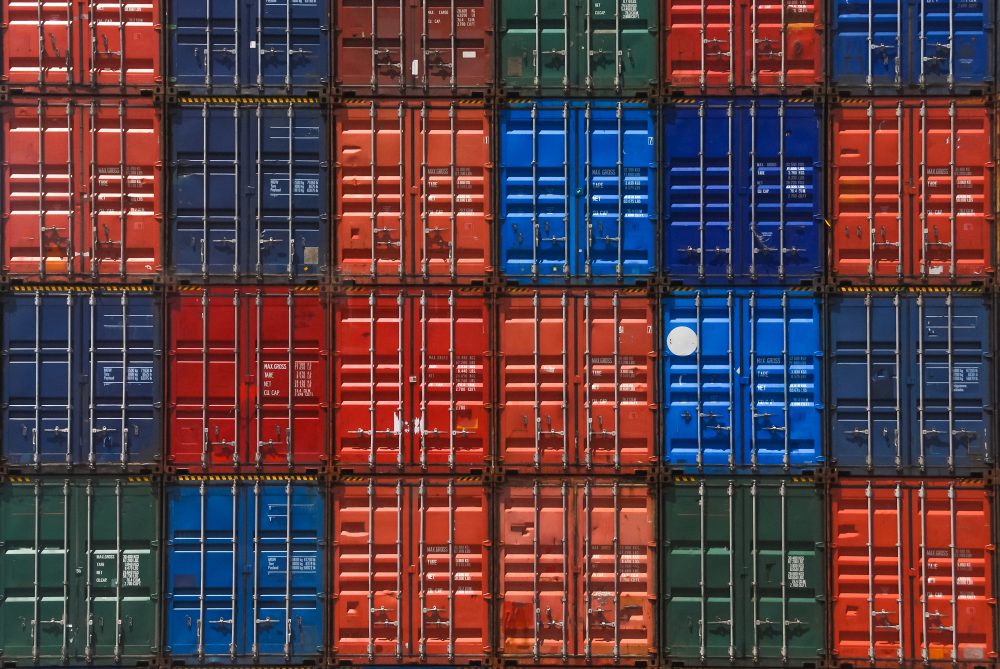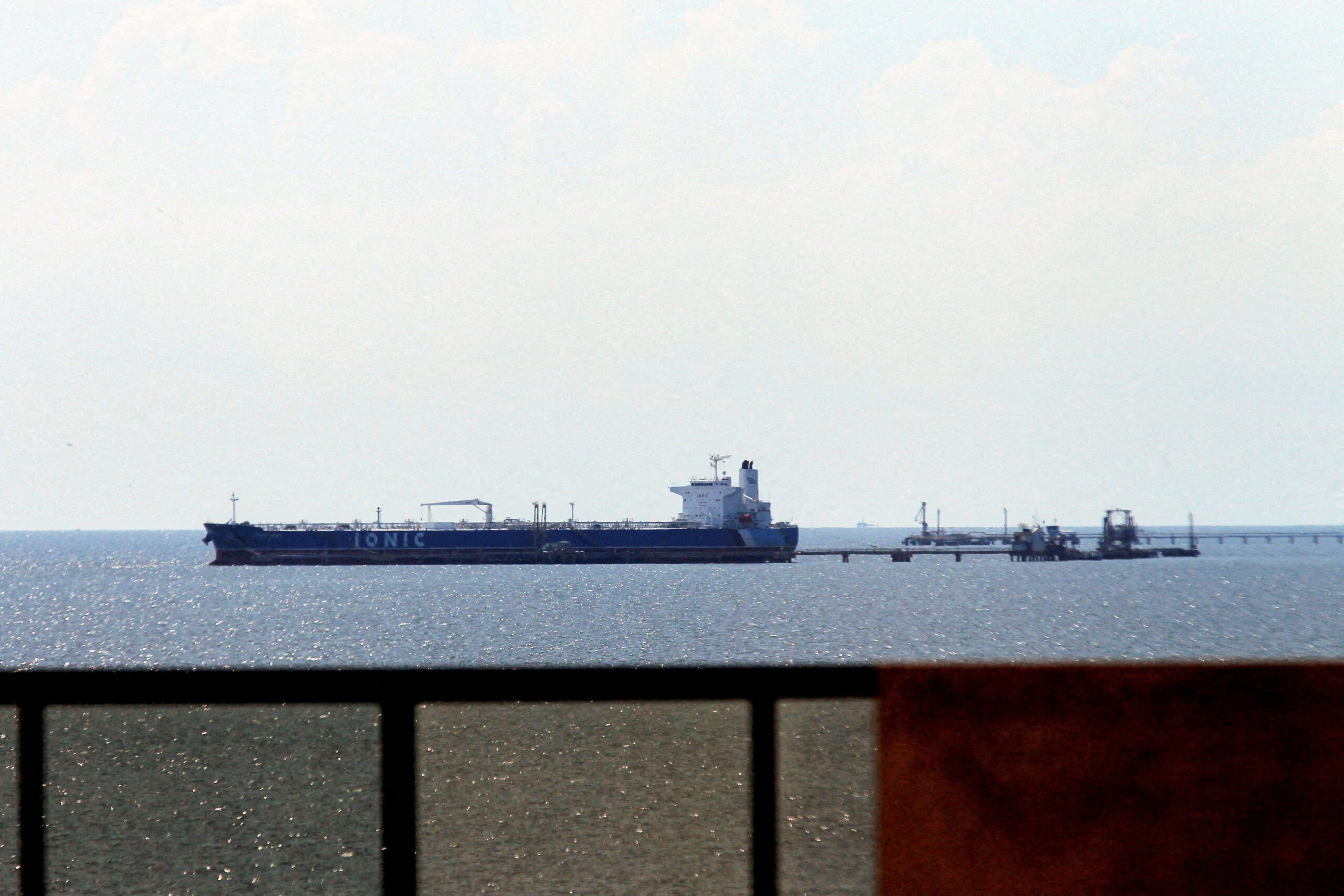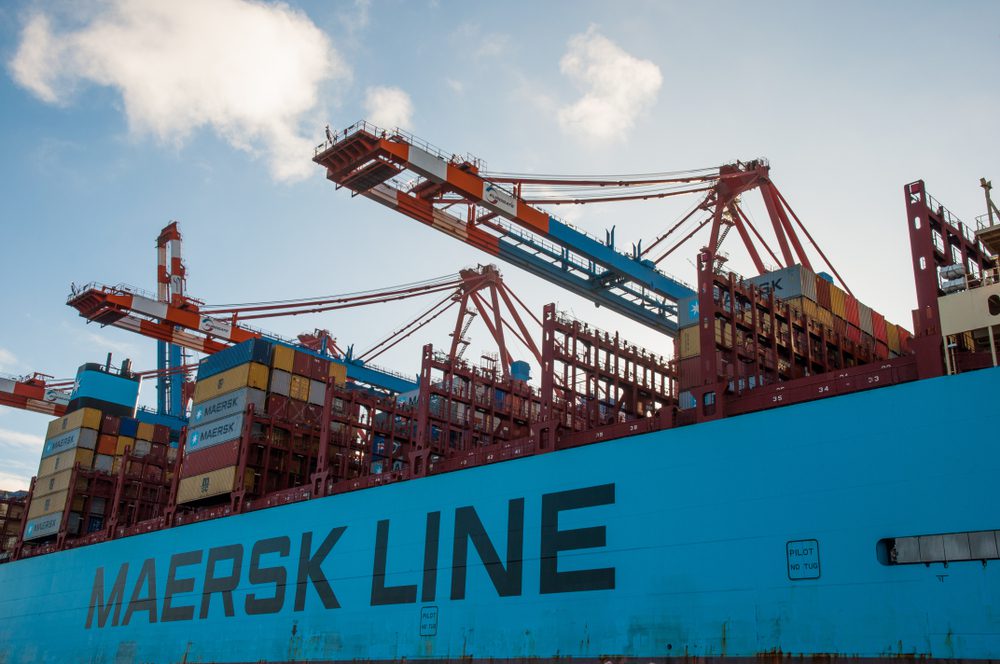Federal maritime agency launches program looking into maritime supply chain data sharing and transparency.
The U.S. Federal Maritime Commission announced a new initiative on Monday aimed at identifying data constraints that impede the flow of ocean cargo and add to supply chain inefficiencies.
The FMC says the effort, to be spearheaded by Commissioner Carl W. Bentzel, will be critical to pinpointing how data can contribute to “the long-term reliability of the domestic cargo delivery system.”
The initiative is expected to propose recommendations for common data standards used by the international shipping supply chain, as well as “access policies and protocols that would streamline information sharing across the ocean supply chain.”
The Federal Maritime Commission is an independent federal agency whose mission is “to ensure a competitive and reliable international ocean transportation supply system, that supports the U.S. economy and protects the public from unfair and deceptive practices.”
“Events of the past year have proven the need for the United States to achieve more capacity from our cargo delivery system. Information sharing and additional transparency in how containers move is one way we can move more containers more efficiently. I appreciate Commissioner Bentzel’s willingness to take on this project and I am confident his work will lead to beneficial and implementable recommendations,” said FMC Chairman Daniel B. Maffei.
The FMC explained more about the effort in an announcement:
“Over the course of the project Commissioner Bentzel will conduct research, interviews, round tables, and hold public meetings to inform the “status quo” in maritime data. He will explore what common ocean shipping data is created with each hand-off of a container through the supply chain, how that data is stored and shared, and identify what are the critical data elements used by each supply chain party. Ocean carriers, marine terminal operators, truckers, railroads, and other government agencies are among those who will be invited to provide insight about data definitions, classification, and recommendations for improving interoperability of data records involving container shipping. Input from the Commission’s National Shipper Advisory Committee may also be solicited as part of the project. Initial deliverables will include a data inventory and recommendations for common standards.”
The first public meeting with Commissioner Bentzel is scheduled for next month in Washington, D.C. While the agenda for the meeting is still being set, the FMC says planned speakers will include representatives from the Biden Administration, data experts, “standards setting specialists,” and representatives from FMC’s National Shippers Advisory Committee. Initial findings will be presented at a Maritime Data Summit in Spring 2022.
“I have already met with many port industry leaders and stakeholders around our coastlines, and the topic of reliable, actionable operational shipping information to help more efficiently move cargo was one of the foremost topics of concern. When you go through a U.S. airport you know how and where to park your car, you know that you will be transported to the airport terminal, when you get to the terminal you will be provided information on your gate and information about when your plane will depart and land, adequate personnel are available to handle luggage and run it through security throughout this process, and it is repeated at landing. The maritime industry does not have a similar system in place.”
“Given the immense national economic impact and our Nation’s reliance on ocean shipping, sustained surges in cargo volumes and other operational impacts caused by COVID-19, it is clear to me that we need to develop a stronger system of information for the shipping public. The FMC will work with the industry to develop greater systems of transparency for services surrounding the international intermodal transportation of goods. Our port gateway corridors are limited by physical constraints and the best options for efficiencies lie with the greater utilization of information technologies and coordination between the different modes in the supply chain,” said Commissioner Bentzel.

 Join The Club
Join The Club










